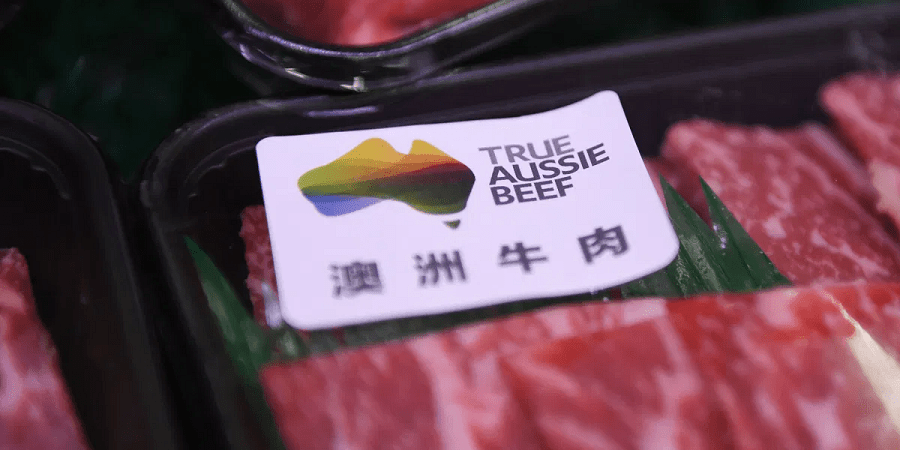World News
China toughens restrictions on Australian imports following calls for coronavirus investigation

- Suspicions have been raised that China is retaliating against countries supporting the global calls for an investigation of the coronavirus origins after tougher restrictions were placed on Australian imports.
- Australia had joined the international call for the investigation last month.
- Meanwhile, Chinese officials claim that the suspension of the exports were made because of Australia’s violations of industry requirements, and not because of the coronavirus controversy.
Australia is now facing tougher restrictions on its imports of beef and barley to China, raising suspicions of retaliation against countries supporting the global calls for an investigation of the coronavirus origins.
The move was confirmed by the Chinese Communist Party, which declared a potential 80 percent tariff on Australia’s barley exports.
Beef exports from four major meat processing plants in Queensland and New South Wales have also been suspended.
China’s move has been suspected as retaliatory since it came after Australia joined the international call for an inquiry into the origins of the coronavirus.
China had already rejected the need to conduct an investigation. Cheng Jingye, Beijing’s ambassador to Australia, also declared in late April that Australian goods could be shunned in China as response to Canberra’s support for such an investigation.
Meanwhile, Chinese foreign ministry spokesman Zhao Lijian told reporters that the moves were made in response to Australia’s failure to follow industry rules, and not to the potential investigation.
According to China’s customs agency, the Australian companies had “continuously” committed violations of inspection and quarantine requirements. They added that the suspension of imports were done to “ensure the safety and health of Chinese consumers.”
These moves may suggest China’s shift into buying more products from the US, which was stipulated in its phase one trade agreement with the US, and was reported by the South China Morning Post Tuesday.
Source: New York Post
